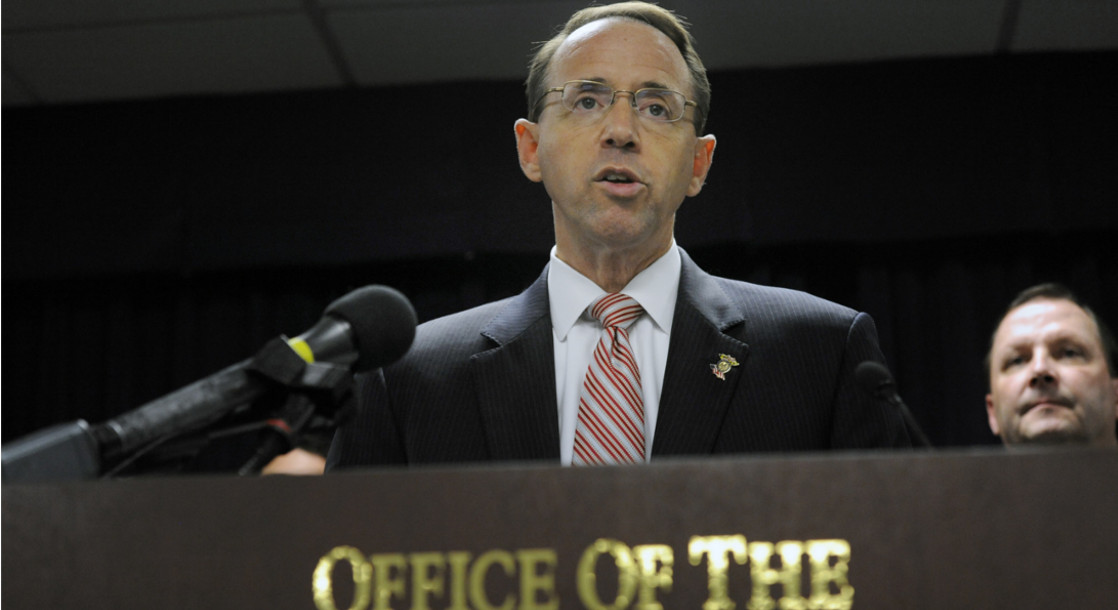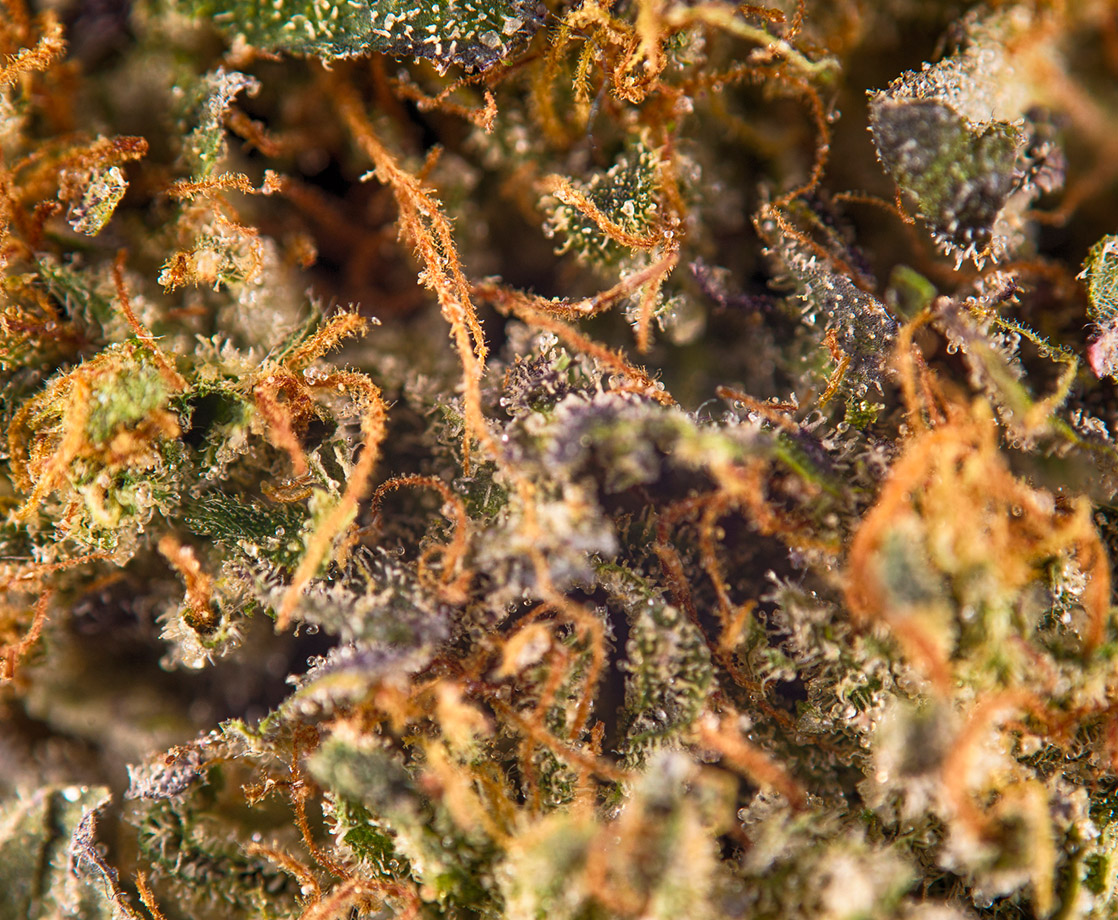Deputy Attorney General Rod Rosenstein admitted to the Senate Appropriations committee earlier this week that the United States could see some changes in the way the Justice Department deals with enforcement issues in areas of legal marijuana.
On Tuesday, Senator Lisa Murkowski of Alaska gave Rosenstein the third degree over the confusion that exists between state and federal marijuana laws. The senator wanted the law enforcement official to divulge information regarding whether the Justice Department is making plans to impose a federal crackdown on legal states, or if it would continue to adhere to the policies established under President Obama.
Murkowski asked: "Where are we headed with marijuana?"
Although Rosenstein’s response was vague, it did suggest that the Justice Department was more likely to bring down the hammer than allow the industry to carry on unscathed.
“We do have a conflict between federal law and the law in some states,” Rosenstein replied. “It’s a difficult issue for parents like me, who have to provide guidance to our kids… I’ve talked to Chuck Rosenberg, the administrator of the DEA and we follow the law and the science. And from a legal and scientific perspective, marijuana is an unlawful drug. It’s properly scheduled under Schedule I. And therefore we have this conflict.”
Rosenstein then explained that former President Obama’s Cole Memo, which gives states the power to experiment with marijuana legalization, could soon be overhauled.
“Jim Cole tried to deal with it in that memorandum and at the moment that memorandum is still in effect,” he said. “Maybe there will be changes to it in the future but we’re still operating under that policy which is an effort to balance the conflicting interests with regard to marijuana.
“I can assure you that is going to be a high priority for me as the U.S. Attorneys come on board to talk about how to deal with that challenge in the states that have legalized or decriminalized marijuana, whether it be for recreational or medical use,” he added.
In an attempt to gain more clarity, Representative Derek Kilmer of Washington state asked Rosenstein whether the Justice Department would “update or rescind the memo.”
Again, Rosenstein indicated that the Justice Department was racking its brain trying to determine how to proceed.
“I do not have an update,” Rosenstein replied. “I can tell you, it’s a very complicated issue for us. Under federal law as passed by the Congress, and given the science concerning marijuana, it’s a Schedule I controlled substance. That’s a decision I’ve talked with (DEA) Administrator Rosenberg about. Some states have taken a different approach and legalized or decriminalized marijuana for medical use and in some cases recreational use.”
“The question of whether it’s legal under federal law is resolved because Congress has passed a law — it’s illegal,” he continued. “Scientists have found that there’s no accepted medical use for it. Cole made an effort to examine the issue and find a way forward for the department where we could continue with our obligation to enforce federal law and minimize the intrusion on states that were attempting to follow a different path.”
Earlier this week, Attorney General Jeff Sessions was caught trying to convince Congressional figures to eliminate the temporary medical marijuana protections known as the Rohrabacher-Farr amendment. The rider, which has been tucked inside a federal spending bill for the past few years, is the only provision technically stopping Sessions from getting serious about imposing a total ban on the cultivation and sale of marijuana.
“I believe it would be unwise for Congress to restrict the discretion of the Department to fund particular prosecutions, particularly in the midst of an historic drug epidemic and potentially long-term uptick in violent crime,” Sessions wrote. “The Department must be in a position to use all laws available to combat the transnational drug organizations and dangerous drug traffickers who threaten American lives.”
Incidentally, Rosenstein concluded his testimony by saying, “the Cole memo remains our policy” and “I’m not aware of any proposal to change it.”
Still, marijuana advocates are concerned that drastic changes are coming to the marijuana movement in the coming months.
"Deputy Attorney General Rod Rosenstein is implying that the DOJ under Jeff Sessions and the Trump Administration is pursuing a path to undermine legal state medical marijuana programs,” Justin Strekal, Political Director for NORML, told MERRY JANE in a statement.
“With 30 states choosing to put patients first by allowing those suffering to make their healthcare decisions under the supervision of their doctors, it is absurd that this administration would make such veiled threats,” he added. “Last time I checked, neither Rosenstein, Sessions, nor President Trump are doctors and their zeal to threaten those who are sick is disturbing."











